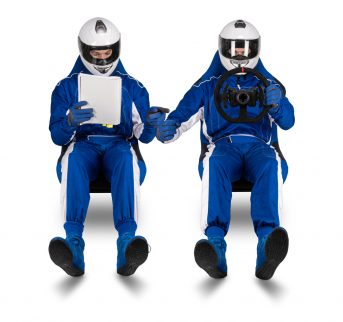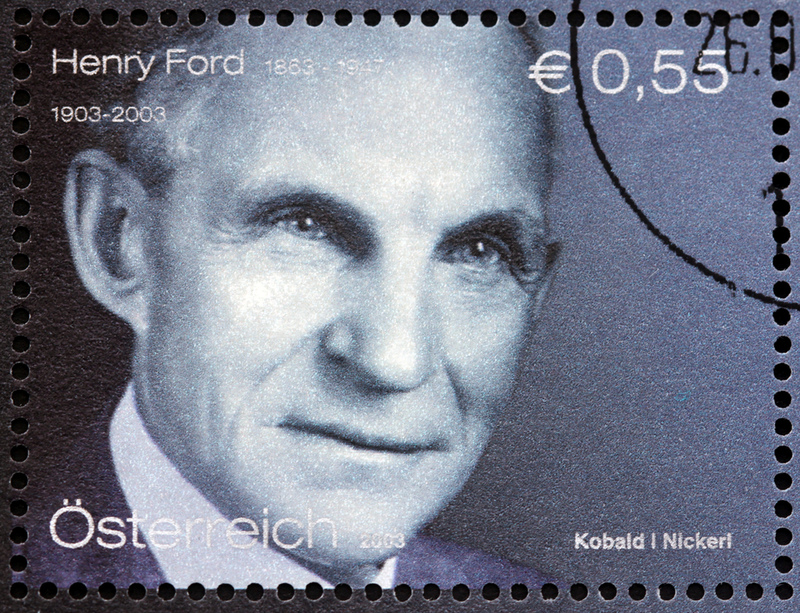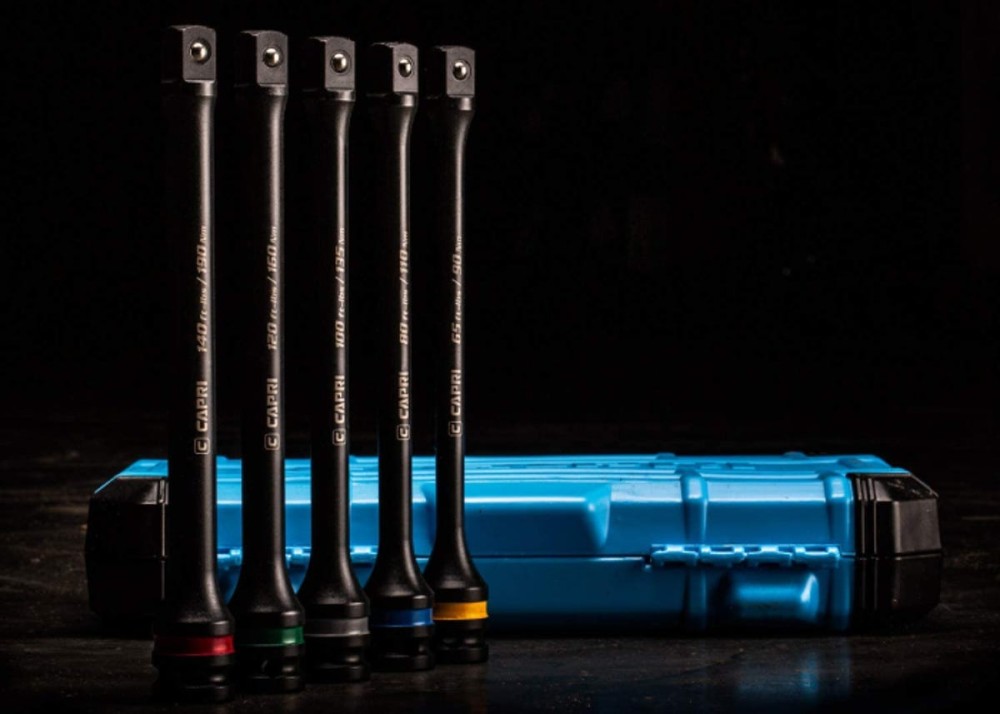
by Lori
Straus
Navigational
rallying requires mathematical know-how, problem-solving skills, and interpersonal
abilities that would floor an HR department. You and a navigator need to show
up exactly where you need to be, exactly on time. In this blog post, we’ll
cover the basics of navigational rallying.
What Is Navigational Rallying?
“It’s a bit
of a niche sport,” says Martin Loveridge, president of the Kitchener-Waterloo
Rally Club. “It’s
brain exercise more than anything else.”
Using your
own vehicle, you and your navigator will receive route instructions before the
start of the rally. However, these aren’t Siri or Google Assistant-style
instructions. Instead, they can be mathematical equations, diagrams (called
tulip diagrams) that look like IKEA instructions, verbal puzzles, and more.
Download sample instructions to see what they look like.
Your goal
basically comes down to this, says Loveridge: “Stay on the road, stay on route,
stay on time, and do it in that order.”
The Kitchener-Waterloo
Rally Club, for example, suggests attending the club’s monthly meetings for a
bit before you start. You don’t have to be a member, but you’ll learn lots
before your first rally. See what the rally club nearest you offers.
Who Organizes Navigational Rallies?
The
Canadian Association of Rally Sport (conveniently abbreviated to CARS) is the
umbrella organization for five provincial-level rally sports organizations:
Atlantic Region Motorsports, RallySport Quebec, RallySport Ontario, Rally West,
and Rally Pacific Motorsports. Under these organizations are 25 local clubs
coast to coast.
Rally Navigation Equipment
Rally
navigation equipment at this level is basic. You need your car, a calculator,
pen or pencil, and a clipboard. Loveridge still uses a 1974 Texas Instruments
calculator and drives navigational rallies in his 1992 Volvo. So the cost for beginning navigational
rallying is almost negligible.
“Just about
any family van will work or whatever you’ve got,”
says Loveridge. Some competitors even bring the kids along for the ride.
Rally Navigation Tip for Beginners
I remember
my Grade 3 teacher, Miss Whyte, once having us prepare the classroom for a
test, complete with separating our desks. She handed out the ditto copies and
told us to read the instructions carefully. Many didn’t. Those of us who did (I
even read cereal boxes for fun) stopped after the second sentence, because it
said we didn’t need to finish the rest.
Loveridge
said organizers might do something similar. For example, maybe the instructions
say to turn and move to the next section at the 22-km mark but they actually
continue for another 6 km. So, pay close attention to what organizers are
telling you to do.
A Fun Challenge
Rally BC describes navigational rallying thus: “Rallying
is supposed to be a fun team sport. A chance for the driver to prove his
ability to control a vehicle under a variety of conditions, and the navigator
who enjoys telling others where to go.”
It is meant
to be a fun challenge. So, as you investigate options for equipment, choosing
your navigator, etc., keep the main point in mind: You’re taking part in
navigational rallying for fun. Enjoy!






